Community Engagement
The Community and Civic Engagement department supports advocacy and outreach both locally and statewide, serving as a central resource for analysis and facilitation of decision-making on the full breadth of issues that may arise across the AAPI community.
Participation in the democratic process is the most powerful way to have your voice heard, and it is at the core of our mission in the community.
Some of the primary goals of the Civic Engagement department are promoting voter education and registration; encouraging constituents to be informed on the issues impacting the AAPI community; helping those constituents contact their legislators; and joining with statewide partners to raise awareness around issues of importance to the greater AAPI network of Ohio.

Engagement & Advocacy Programs
Supporting, informing, and empowering Ohio's AAPI community
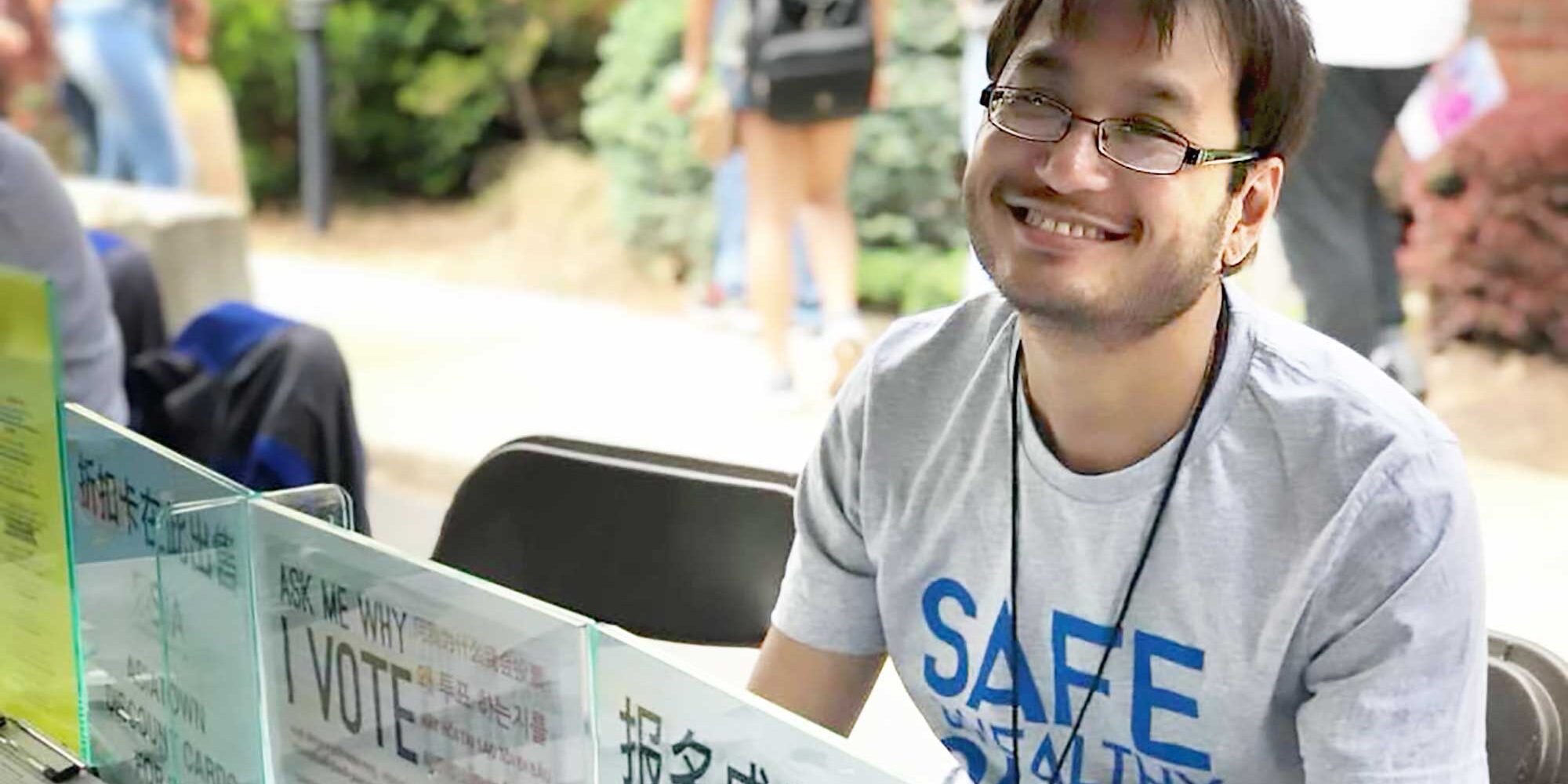
Advocacy Toolkit
Influencing Public Policies
A GUIDE TO MAKING YOUR VOICE HEARD
As constituents, we must play our role in the government by staying educated and advocating for our rights. This section serves as a toolkit that anyone can use to contact their legislators.
Here, you can learn more about the importance of contacting our legislators; who represents you in Congress; and the various methods you can use to contact your legislators:
HOW TO CONTACT YOUR LEGISLATOR
Our voice counts. As constituents, we have the opportunity to be a part of the law-making process and it is our representatives’ job to listen to us and speak on our behalf. Legislators want to hear about issues that are of importance to you. Remember that it is our right to voice our opinions.
You do not need to be a citizen to contact your legislator. As long as you are their constituent – meaning that you live in the congressional district they represent – you have the right to contact your representatives and advocate for yourself, your family and your community.
- A constituent is someone who lives in a particular congressional district.
- A voter is a citizen who is registered to vote for elected officials.
For issues concerning Ohio, contact your State Legislators. For issues concerning the entire country, contact your U.S. Legislators.
For example:
- Immigration issues such as the DREAM act = U.S. Representative or U.S. Senators;
- Funding for libraries and schools = OH Representatives and OH Senators.
We advocate for things that matter – including pending bills, vital government-funded programs, an issue of concern in your community, or anything involving a change in public policies.
Use your zipcode to find your legislators here! You can contact your legislator in a variety of ways. Click on the following links for directions:
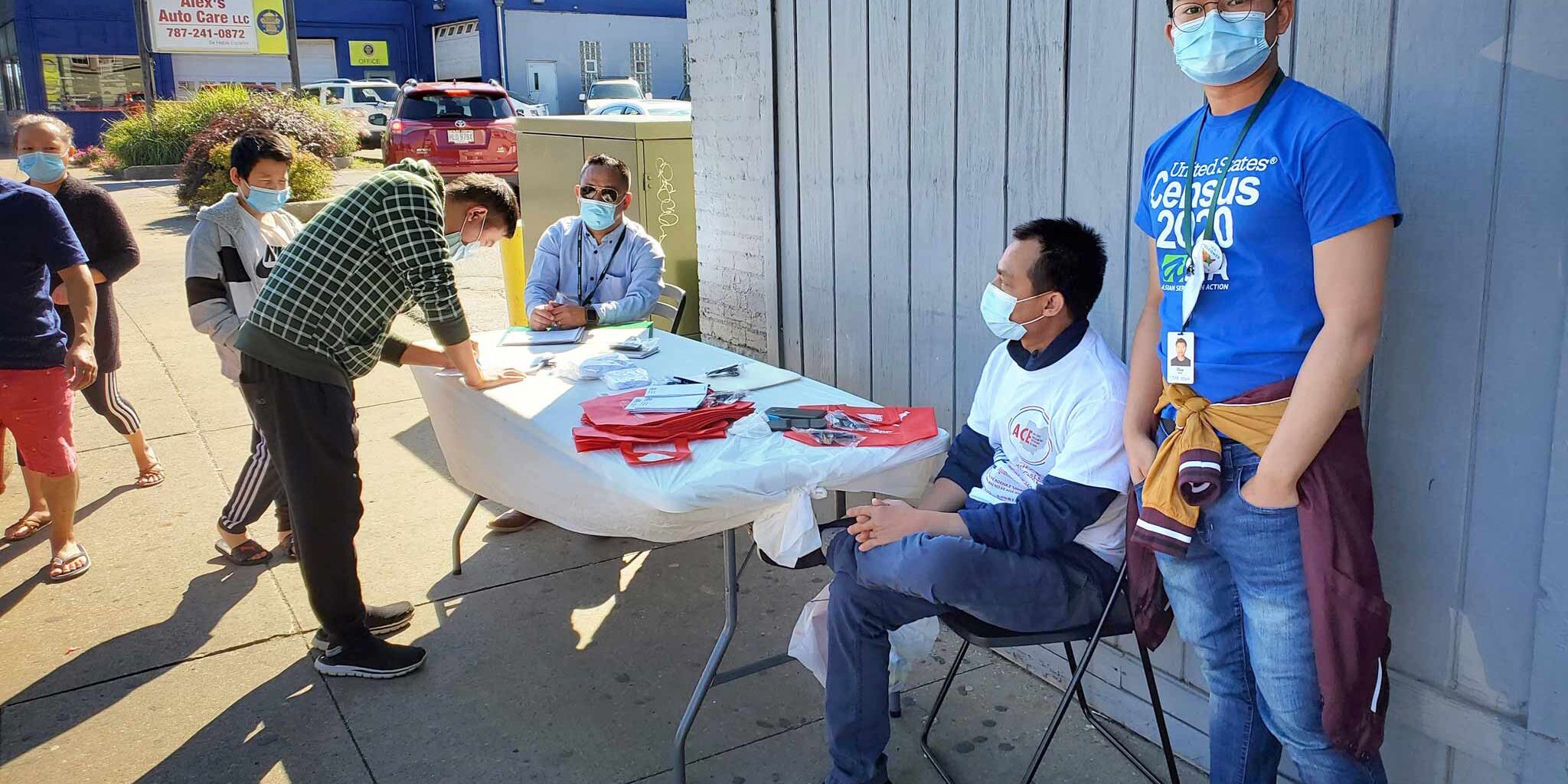
Advocacy FAQs
INFO & RESOURCES FOR CIVIC ENGAGEMENT
Consult the sections below for answers to common advocacy questions:
COMMON QUESTIONS
Click here to see a presentation about drafting effective public policy.
501(c)(3) non-profit organizations can advocate for their communities!
Like private citizens, they are allowed to contact their legislators about pending bills, vital government-funded programs, changes in public policies, or any other issue of concern. The only thing 501(c)(3) non-profits cannot do is support or oppose a candidate for public office.
- Click here to learn about ‘lobbying’, a special sort of advocacy which both private citizens and 501(c)(3) non-profits can use.
- Click here to download IRS Form 5768 to elect the 501(h) expenditure test, which makes it safer and easier for 501(c)(3) non-profits to lobby.
- Click here to see a presentation on lobbying rules in an election year for 501(c)(3) nonprofits (loads slowly, but worth your patience!).
- Click here and here to see short examples of what 501(c)(3) non-profits can and cannot do during an election year.
Help Asian Americans Protect Their Voting Rights
A Guide to Ensure Language Assistance During Elections
This handbook for advocates from the Asian American Center for Advancing Justice explains:
- What is Section 203 of the Voting Rights Act?
- What communities can receive bilingual voting assistance under Section 203
- What you can do to ensure that bilingual voting assistance is properly enforced
- How you can still advocate for communities not covered by Section 203
Language Rights in Voting
(2020; Asian Americans Advancing Justice)
Voting can be a complicated process for anyone. For citizens whose first language is not English, the process is even more difficult to navigate. Nearly one-third of Asian Americans have some difficulty communicating in English, making voting that much more intimidating. Voters have rights to assistance in voting if they have difficulty communicating in English.
Section 203 Language Factsheets
These factsheets provide voters with in-languageinformation about which jurisdictions provide language assistance in that particular language, what type of assistance is to be expected, and how to find more information. These factsheets have been translated into each Section 203-covered language and can be downloaded:
- Bengali
- Chinese
- Hindi
- Japanese
- Khmer
- Korean
- Tagalog
- Thai
- Vietnamese
Section 208 Factsheets
Section 208 gives voters the right to bring someone of their choice into the polling booth to assist due to blindness, disability, or inability to read or write English. This is the right of every voter, no matter what state or jurisdiction they are voting in.Unfortunately, many people are not aware of Section 208, and often poll workers incorrectly refuse to let voters use a helper of their choice. The factsheet explains this provision in the following languages:
- Chinese – Simplified
- Chinese – Traditional
- Hindi
- Japanese
- Korean
- Tagalog
- Vietnamese
- Gujarati
- Bengali
- Hmong
- Urdu
- Laotian
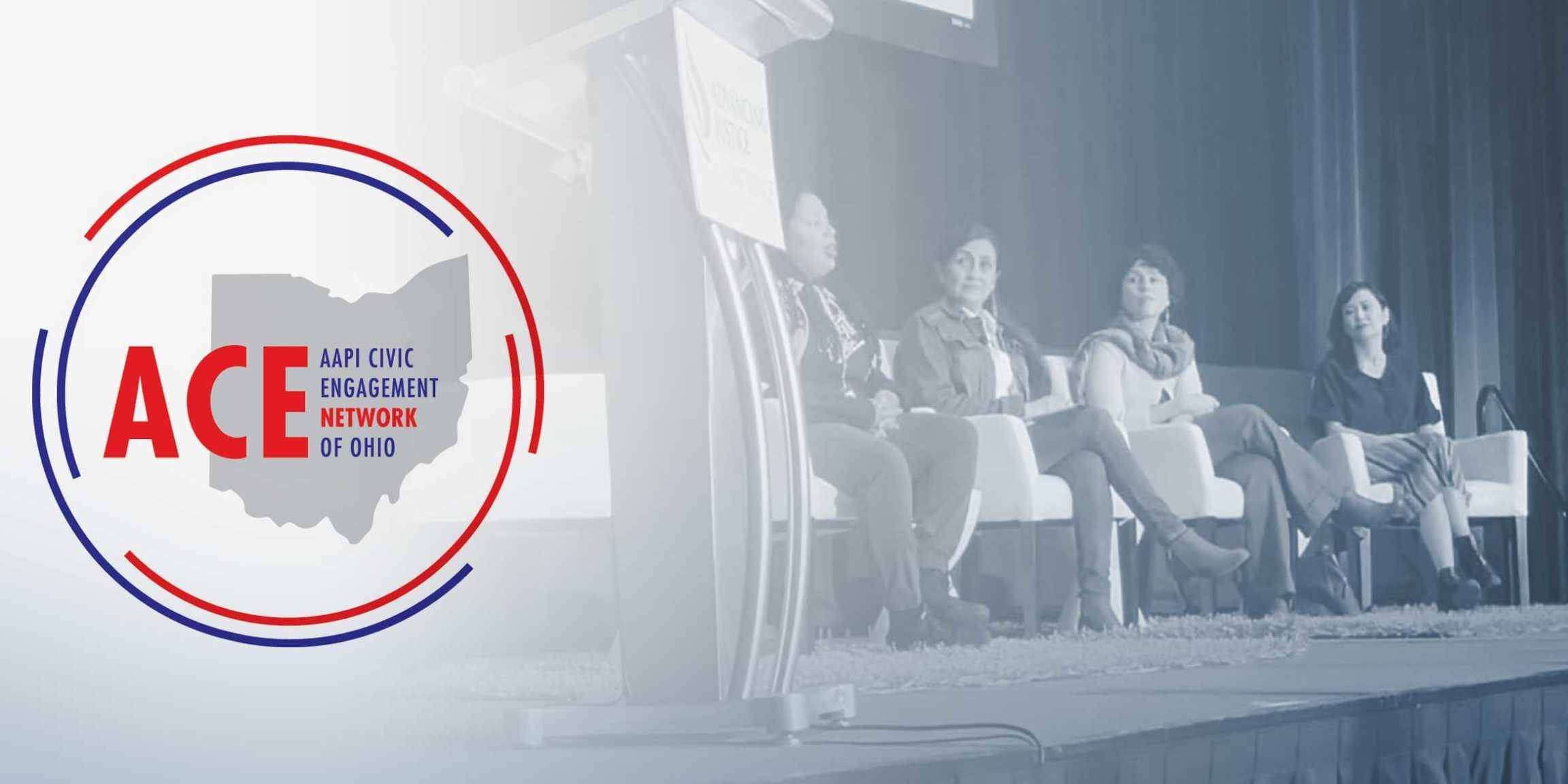
ACE
AAPI Civic Engagement Network of Ohio
INCREASING REPRESENTATION IN OUR STATE
The ACE Network is Ohio’s only AAPI-focused, nonpartisan, civic engagement network in the state aimed at increasing voter participation rates in immigrant communities.
Since 2015, ACE has reached over 45,000 AAPI voters and continues to empower under-represented minorities and immigrant voters through non-partisan voter registration, voter education and mobilization efforts.
ADDITIONAL BACKGROUND
The Asian American & Pacific Islander (AAPI) population in Ohio is comprised of about 2.5% of the total population and 13.7% of the total minority population. Like AAPIs elsewhere in the United States, a majority of Ohio’s AAPIs lives in metropolitan areas or counties with large universities. For instance, the Columbus metropolitan area has the largest number of AAPIs in Ohio, approximately 32% of the total AAPI population. With approximately 29% of the total, the second largest Ohio AAPI population lives in the Cleveland-Akron Metropolitan area.¹
In general, Ohio’s AAPI population tends to reside in Central Ohio (Franklin County, including Columbus, has approximately 32% of Ohio’s total AAPI population), Southwest Central Ohio (Montgomery and Clark Counties, including Dayton and Springfield, have approximately 9% of Ohio’s total AAPI population), Southwest Ohio (Hamilton County, including Cincinnati, has approximately 11% of Ohio’s total AAPI population), and Northern & Northeast Central Ohio (Cuyahoga and Summit Counties, including Cleveland and Akron, have approximately 29% of Ohio’s total AAPI population).¹
Ohio is home to over 127,000 eligible AAPI voters, comprising 1.3% of the state’s electorate. AAPI youth, ages 18-29, comprise 24% of the AAPI electorate in Ohio and AAPI older adults, age 50+, comprise 35% of the AAPI electorate.²
 In 2015, Asian Services In Action, Inc. (ASIA) along with 15 other organizations across the state launched the first ever New American-focused civic engagement network focused on voter registration, voter education and voter turnout. This group of dedicated organizations, focusing on reaching underrepresented groups such as young voters, minorities and immigrant voters, and first-time voters called themselves the AAPI Civic Engagement Network of Ohio, otherwise known as ACE. Asian Services In Action, Inc. leads the network.
In 2015, Asian Services In Action, Inc. (ASIA) along with 15 other organizations across the state launched the first ever New American-focused civic engagement network focused on voter registration, voter education and voter turnout. This group of dedicated organizations, focusing on reaching underrepresented groups such as young voters, minorities and immigrant voters, and first-time voters called themselves the AAPI Civic Engagement Network of Ohio, otherwise known as ACE. Asian Services In Action, Inc. leads the network.
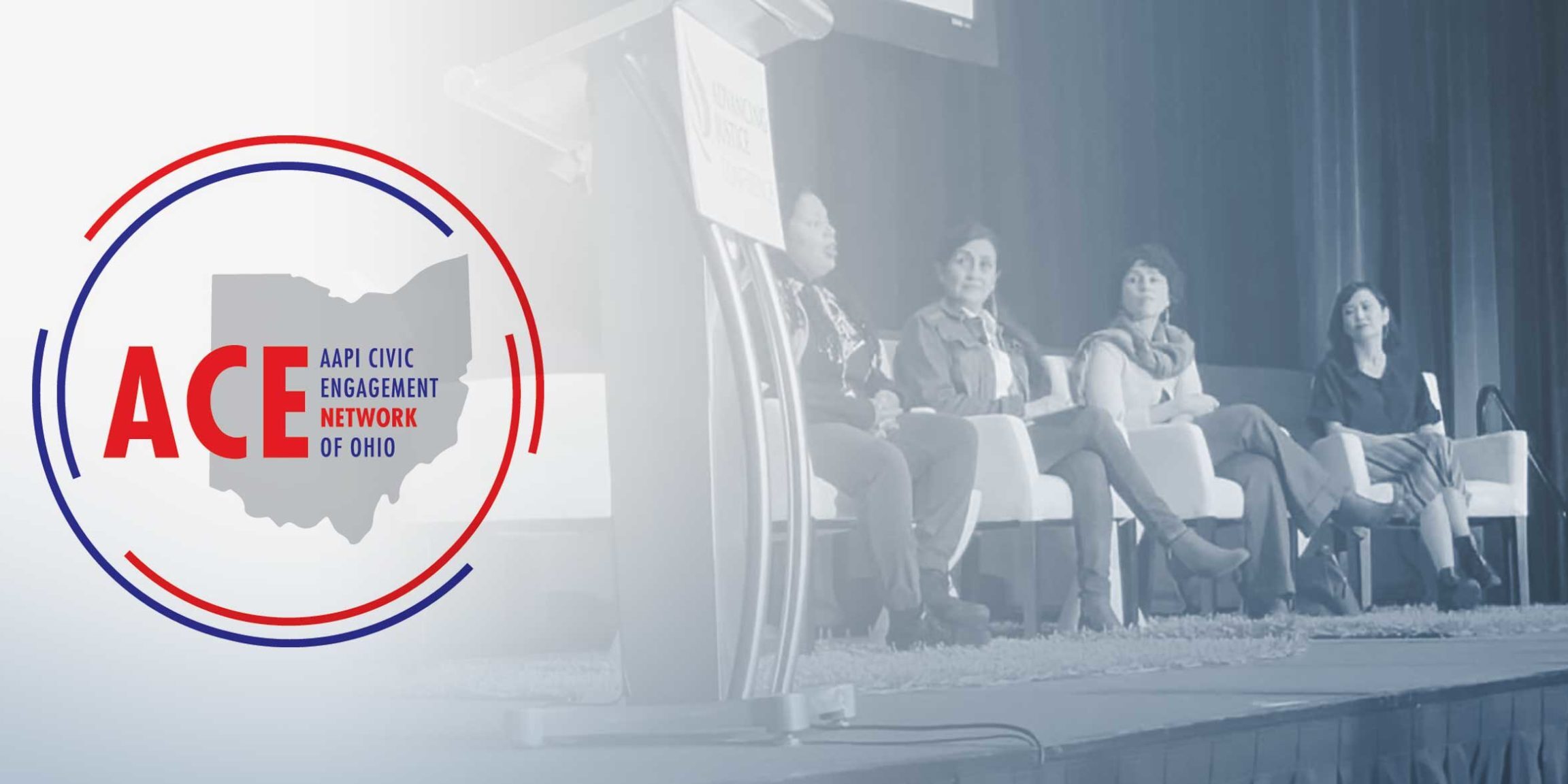
Voter Initiatives
ACE AREAS OF FOCUS
VOTER
Registration
As the core activity of the Network, we conduct ongoing voter registration efforts to increase the overall engagement and voter turnout of New Americans across the state of Ohio on election day. Already registered? Pledge your commitment to vote today!
VOTER
Education
ACE plans and organizes educational forums to inform community members about the civic engagement and involvement through events like town-halls, basics of voting workshops and more.
VOTER
Mobilization
ACE’s GOTV activities include phone banking and door knocking in order to engage and increase the overall voter turnout of New American in the state. Through non-partisan canvassing ACE has reached over 45,000 New Americans since 2015.
ADDITIONAL VOTER RESOURCES
OHIO ONLINE VOTER REGISTRATION | VIA THE LINK BELOW
VOTER RESOURCE PAGE at Rock the Vote
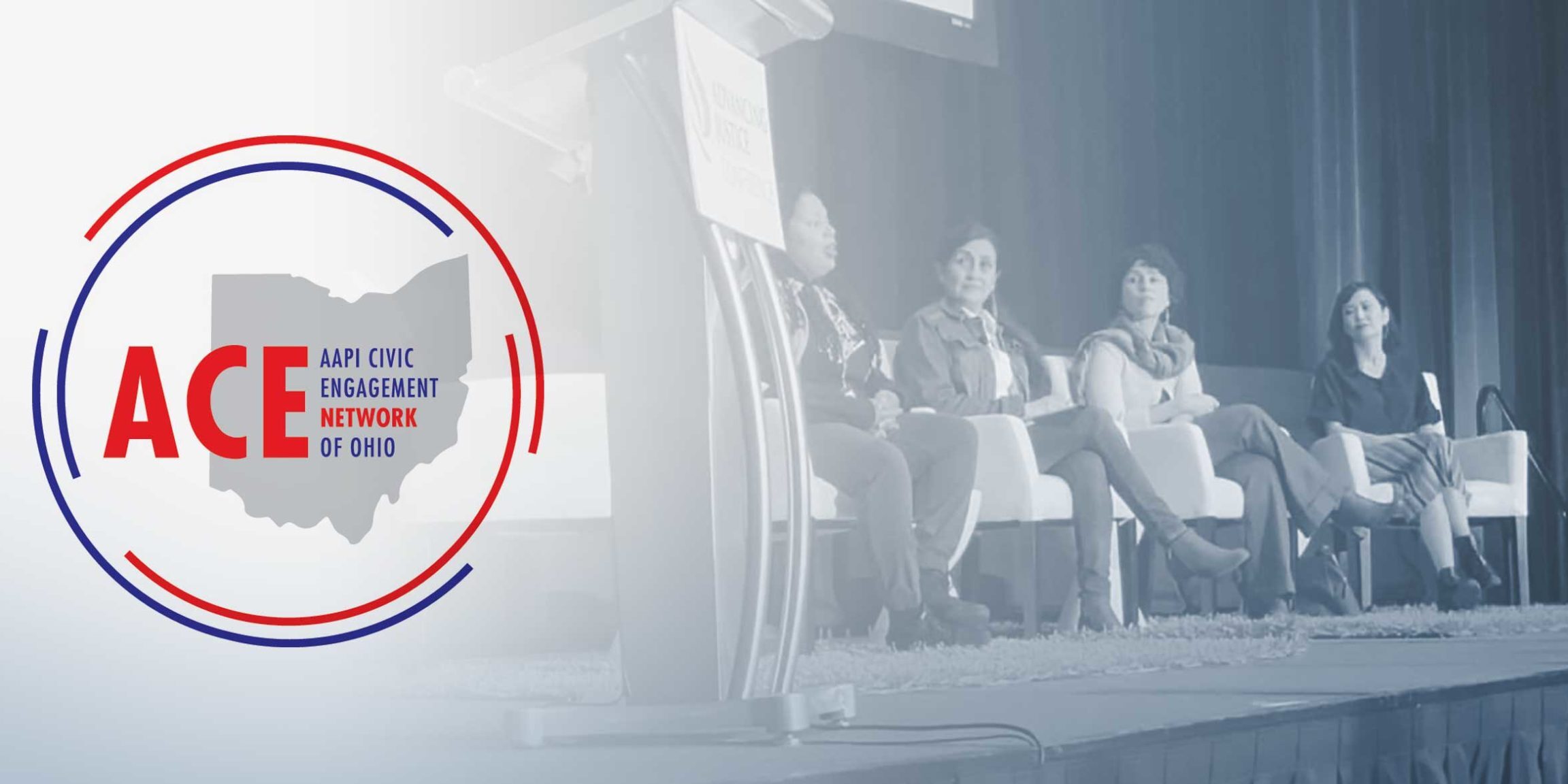
Network Partners
ACE MEMBERS STATEWIDE
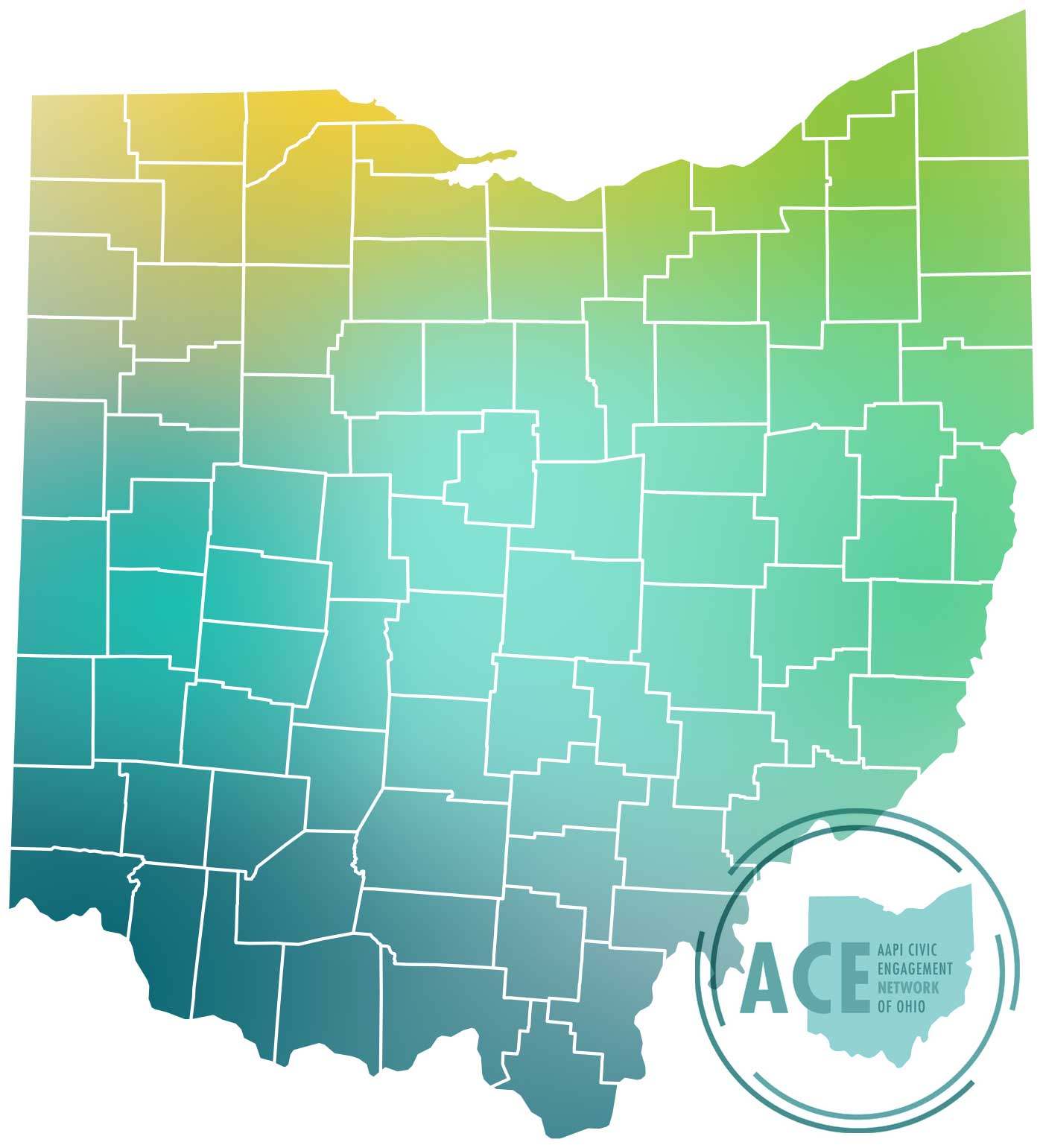
TOLEDO AREA
CLEVELAND AREA
Asian Services in Action
AKRON AREA
Asian Services in Action
COLUMBUS AREA
DAYTON AREA
Seeking partners in this region
CINCINNATI AREA
Interested in becoming an ACE member? Funding options are available. Contact us to discuss opportunities.
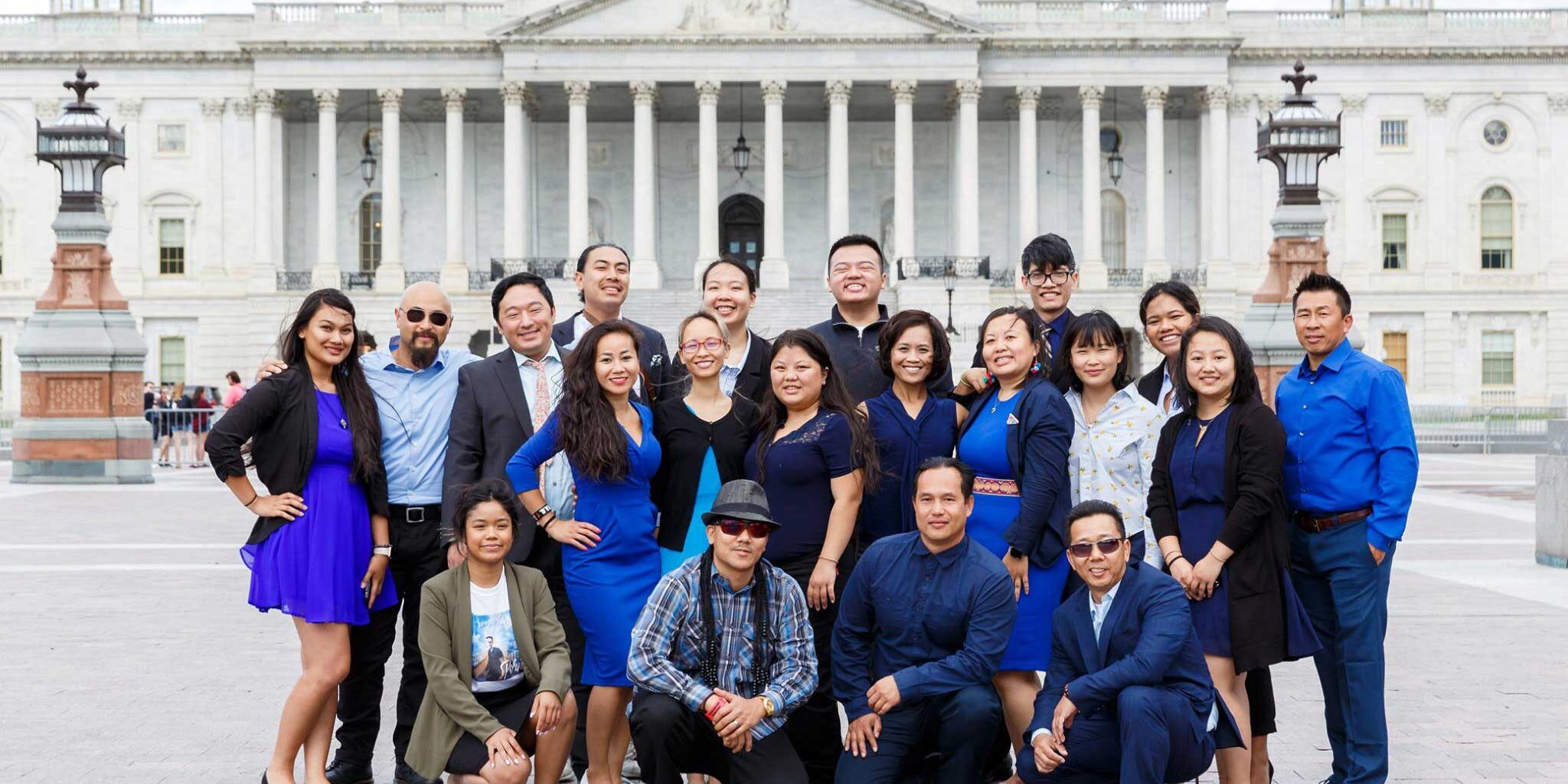
U.S. Government Overview
BASICS OF THE AMERICAN POLITICAL SYSTEM
It’s easy to get lost in all the political jargon that comes with advocacy. Usually, the best step before advocating is getting educated.
Provided is a brief overview of the U.S. government and a link to learn more about the law-making process. Below that are some additional infographics that explain further. They will make things much less confusing!
There are several levels of government: local, state, and federal. Each level of government has three branches: legislative, executive, and judicial. The legislative branch, which is where laws are made, has two houses: the House of Representatives and the Senate. Each of the 50 states is given two Senators, but the number of Representatives depends on the population of the state.
Similarly, each state has its own House of Representatives and Senators. Each district within the state is represented by two Senators and a varying number of representatives depending on the district’s population.
Your legislators propose and create laws, but they’re also meant to represent you! As members of our communities, we know best of what our community needs and what issues affect us the most. Therefore, it is vital that we verbalize our concerns to our legislators to ensure the betterment of our communities. Remember, our voice counts!
ADDITIONAL RESOURCES

For additional detail and resources, browse the USA.gov site.
